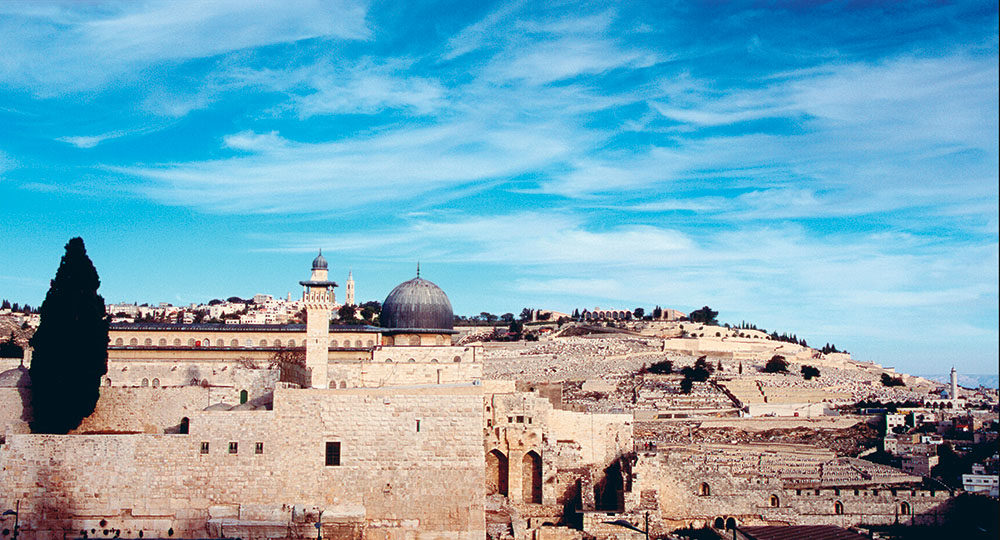It can be hard for us to understand this week’s readings unless we are able to understand better the dynamics of Israel and “the nations” in the biblical story. Without this backdrop, it’s easy to become preoccupied with Paul’s claim about making his Jewish brethren jealous or (more scandalously) Jesus’ apparent dismissal of Gentiles by comparing them to “dogs.” Then we somehow have to explain these away.
But in explaining them away, we miss an opportunity to learn something about God’s story. The dominant images of Israel’s hope throughout the Old Testament are variations on Isaiah’s “holy mountain” imagery. The idea is that all the nations will somehow be gathered together to worship God as one in Jerusalem. The hope is what the psalm refrain articulates: O God, let all the nations praise you. And it is this vision of the gathering of the nations that goes all the way back to the first promise God makes to Abram in Genesis 12: “All the families of the earth will find blessing in you.”
Underlying this is the central importance of the idea of election, the idea of a “chosen people.” This idea rubs us the wrong way, but we can’t read the biblical story without it. The problem is not the idea of election, but rather the idea that election is about you and the success of your group, because God is on your side. The whole point of election is service to the whole world. The whole point of being chosen is to be a light to the nations, as Christ’s body.
But why would God do this? Why not just say God loves everybody? Indeed, it’s true that God loves everybody. But that’s not some kind of existential truth about the universe, like the air being made up of nitrogen, oxygen, and carbon dioxide. It’s a real relationship. And it’s a relationship that we humans are constantly getting wrong, erecting our idols in the place of God, worshipping the works of our hands, believing that this or that worldly thing or power will “save” us.
And let’s be candid: often enough, that idol is intertwined with our identity as part of some “people” or “nation.” Certainly that was true in Jesus’ world. But it is also true of our own, in which we seek to build a house of prayer for “our people,” not for all people. It has been true in various times through the history of Christianity, when temptations to “national churches” or to segregated parishes has undermined this vision. Overcoming these divisions is God’s will; but let’s not pretend that if we are just nice and inclusive, then the idols fall away. We are plenty ready to make some new idols, that create some new exclusive group. That is to say, we have yet to see what it really looks like when everyone streams to the holy mountain to worship the one God, the God of Jesus Christ. Maybe we get tastes of this in contemporary Catholicism; perhaps in Rome, perhaps at World Youth Day. Even better, living in the near-in suburbs of Washington, DC, there are a fair number of parishes where there is remarkable diversity, on so many levels. That kind of streaming together is what the readings today anticipate. We should celebrate it when we see it. But we should not pretend away the difficulty of actually unifying people in the worship of one God. That’s a big project, and it goes through Israel’s election as God’s people. Real inclusion in that takes a long, long time.
And it takes the cross, too, which “makes the peace” between Jews and Gentiles. That’s at least one reason to read Jesus’s behavior here in the context of an unfolding mission that has not yet reached its full fruition of Gentile inclusion. No cross yet. But note: Jesus still responds to the faith, a faith that is so much stronger than the Pharisees’ skepticism in the immediately-preceding passages.


